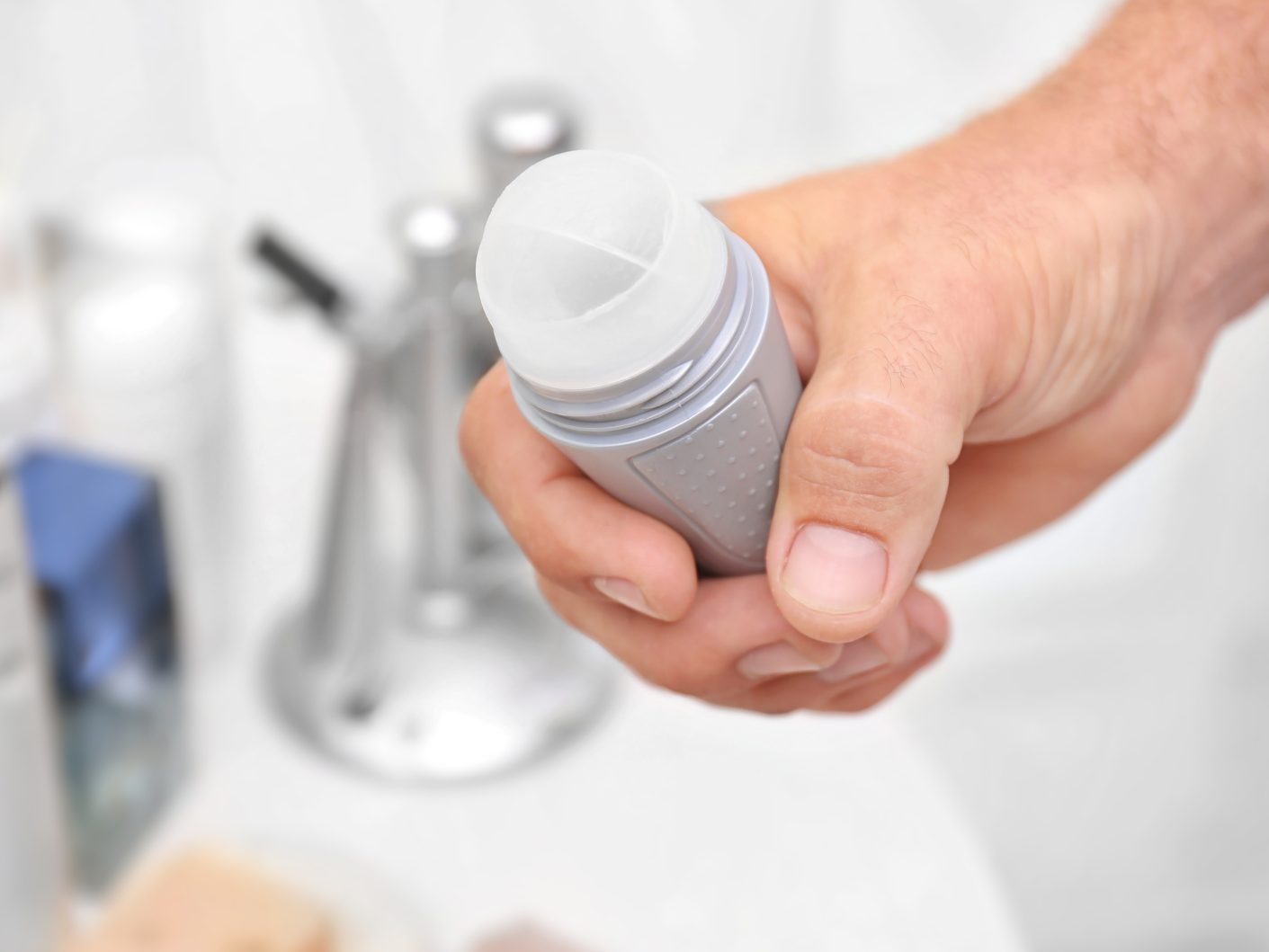Antiperspirants for Men in the Test: These Are the Results

Only two out of 13 products were rated as "good." The reason for downgrades was mostly potentially environmentally harmful ingredients. Therefore, the testers did not award any "very good" ratings; in addition to the two "good" products, seven were rated as "average" and four as "less satisfactory."
Antiperspirants, also known as antiperspirants, are supposed to protect the wearer from unpleasant odors and underarm wetness for 24 to 96 hours. They contain aluminum salts, which temporarily constrict the sweat glands, reducing sweat secretion. "We would have been satisfied if the products lasted at least a whole day," said the experts.
The stick from Rexona Men and the Balea roller from DM were, according to VKI, the only products in the test that held back sweat very well. They also reliably combat odor. The reason they only scored "average" is due to potentially environmentally harmful ingredients.
Difficult to Biodegrade
According to VKI, seven other antiperspirants also contained "environmentally critical" substances. These substances are partly not or difficult to biodegrade, such as the silicone D5. In rinse-off cosmetics, which are washed off after use like soap and shampoo, D5 is already banned. From 2027, the ban will also apply to products that remain on the skin initially. "Even if these substances are still officially allowed, they are a no-go for us," emphasized the VKI.
The testers also view potentially hormone-active substances, known as endocrine disruptors, critically. They were found in five products. "Products with these ingredients cannot receive a better overall rating than 'average'," the experts write.
Antiperspirants for Men: Test Winners Effectively Combat Sweat Odor
The Seinz aerosol spray from DM and the Cien Men aerosol spray from Lidl were identified as test winners. "Both sprays handle sweat odor well and do not contain substances critical to the environment," according to consumer advocates. However, they reduce the amount of sweat secreted relatively weakly and only achieved an average rating in this regard.
Here's how it was tested: The test users were sent to a "sweat room" 24 hours after applying one of the sprays or rollers. There, they had to endure twice for 20 minutes at a room temperature of 38 degrees and 35 percent humidity with cotton pads under their armpits.
Controversy Over Aluminum Salts
Aluminum salts were long controversial. There was concern that aluminum could enter the body in larger quantities, accumulate there, and potentially harm health in the long term. According to study results from the European manufacturers' association Cosmetics Europe, the likelihood of health impairment from the regular use of aluminum-containing antiperspirants is very low. Both the German Federal Institute for Risk Assessment (BfR) and the Scientific Committee on Consumer Safety (SCCS) of the EU agree that there is no evidence that aluminum could cause Alzheimer's or breast cancer. In a risk assessment, the intake through food must also be considered, but the contribution of aluminum-containing antiperspirants to the overall aluminum burden is significantly lower than originally assumed, writes the BfR.
(APA/Red)
This article has been automatically translated, read the original article here.





